 March 23, 2023 | 17:00
Lecture
March 23, 2023 | 17:00
Lecture
 University of Amsterdam | BG 3 | Binnengasthuisstraat 9
1012 ZA Amsterdam
University of Amsterdam | BG 3 | Binnengasthuisstraat 9
1012 ZA AmsterdamEastsplainers #4: Literature
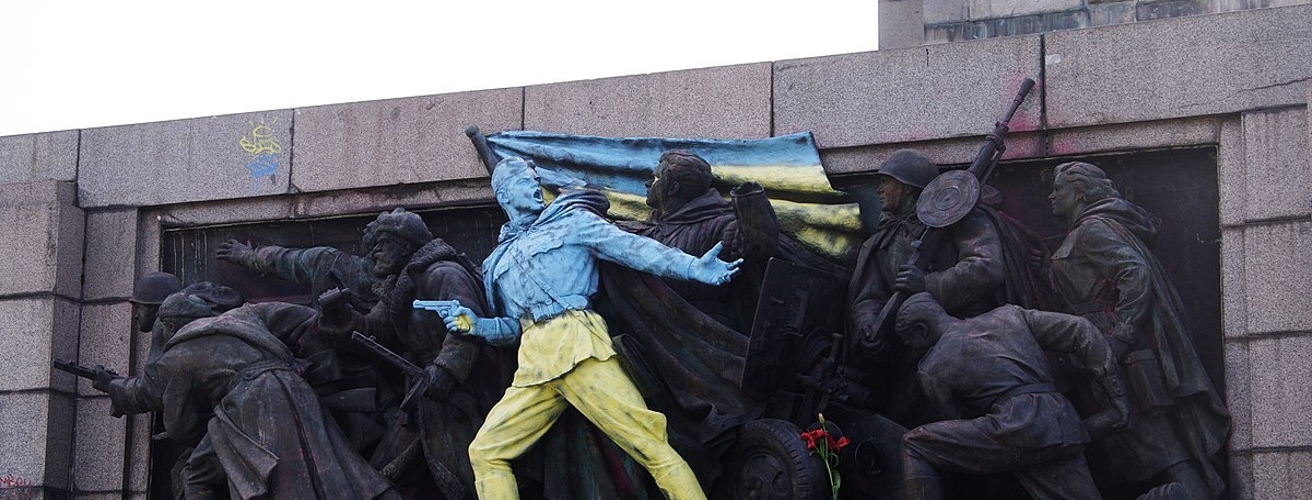
In this lecture, Polish cultural historian Iwona Guść and Russian writer Maxim Osipov talk about literary developments, under guidance of poet and literary historian Martje Wijers. Guść discusses the preoccupation with trauma in Polish literature and reflects on literary reactions across East-Central and Eastern Europe to the Russian war in Ukraine. Osipov shares his sober take on the question: what does it mean to be a Russian writer in the face of full-blown Russian imperialist aggression?
The fourth edition of Eastsplainers is devoted to literature, and to the question: how do writers across East-Central and Eastern Europe respond to the Russian war in Ukraine?
‘Cain, where is Abel your brother?’ These words were written on a sign that the Russian writer Maxim Osipov upheld during a small-scale anti-war protest in his hometown Tarusa, directly following the full-scale Russian invasion of Ukraine. Not long after, Osipov left his country, and today, he is writer in residence at Leiden University, whose analyses of the war have appeared in De Groene Amsterdammer and de Volkskrant, among other publications. In his contribution to Eastsplainers #4, Osipov reflects on migration, guilt, and the difficult question: what can literary writing (not) do in times of war?
A Polish cultural historian residing in the Netherlands, Iwona Guść (lecturer at the History, Culture & Communication Department at Erasmus University Rotterdam) has launched her own foundation stichting literatura, which aims to promote Polish literature in Belgium and the Netherlands. Guść has also translated the works of Nobel-Prize winning writer Olga Tokarczuk for, among other venues, Dutch newspaper NRC Handelsblad and the Nexus institute. In her contribution, Guść discusses an interest in trauma among Polish writers and responses by East-Central and Eastern-European authors to the Russian war in Ukraine.
Assistant professor in Scandinavian studies and performance poet Martje Wijers (University of Amsterdam) joins Osipov and Guść as moderator. Assistant professor of Modern German and Russian Culture Dorine Schellens (University of Leiden) briefly introduces the Eastsplainers series as a whole.
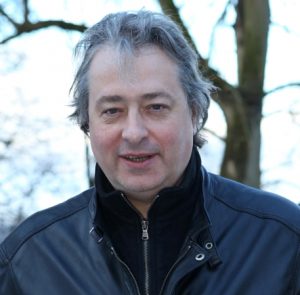
Maxim Osipov
Maxim Osipov is a Russian writer and cardiologist. In the early 1990s, he was a research fellow at the University of California, San Francisco, before returning to Moscow, where he founded a publishing house that specialized in medical, musical, and theological texts. In 2005, while working at a local hospital in Tarusa, a small town ninety miles from Moscow, Osipov established a charitable foundation to ensure the hospital’s survival. Since 2007, he has published short stories, novellas, essays, and plays, and has won a number of literary prizes for his fiction. Osipov’s writings have been translated into more than a dozen languages. He lived in Tarusa up until February 2022, when he left Russia. Now, he lives in Amsterdam and teaches Russian literature at Leiden University.
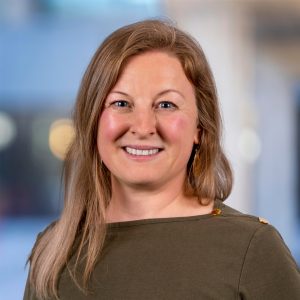
Iwona Guść
Iwona Guść is cultural historian interested in understanding the push-pull relation between Western and Eastern Europe by studying cultural conflicts and transfers. She is lecturer at the History department of the Erasmus School of History, Culture and Communication and coordinates the MA program Applied History at the Erasmus University of Rotterdam. She holds a PhD in Culture, Arts & Media Studies from University of Groningen. Her research interests encompass cold war cultural diplomacy and exchange, antisemitism, migrant/diaspora communities mostly contextualized in Poland and in the Netherlands. She published among the others about the Polish-Dutch relations in the aftermath of the March 1968 antisemitic campagne and on the reception of The Diary of Anne Frank in communist Poland.
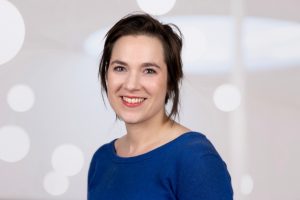
Martje Wijers
Martje Wijers is assistant professor in Scandinavian studies at the University of Amsterdam. She holds a PhD in Swedish linguistics from Ghent University and her current research focuses on computational literary studies and stylometry, combining linguistics, literary studies and translation studies. Beside her academic work, Wijers writes poetry, slam poetry and regularly performs poems on stage. In 2020, she won the Dutch national championship in poetry slam. She represented the Netherlands at the World Championships in Paris and reached the semi-finals there. Wijers published poems in various Dutch literary journals.
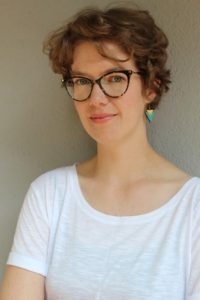
Dorine Schellens
Dorine Schellens is an assistant professor of modern German and Russian culture and literature at Leiden University. Her research focuses on the interaction between Russian and German cultural history of the late 20th and 21st centuries. In her book Kanonbildung im transkulturellen Netzwerk (Transcript 2021) she wrote about the reception history of the Moscow Conceptualist movement, an underground art movement that emerged in the Soviet Union in the 1970s and became enormously popular in Germany, in particular after the Wende. She also publishes on contemporary Russian protest art and literature.
Lecture series
Which contemporary cultural and intellectual trends do they witness in various parts of Central & Eastern Europe today? And how can knowledge about these trends help us understand Europe better? We study these questions with two important caveats in mind. One: the unlawful Russian regime somehow affects artists, scholars, and thinkers across all of Central & Eastern Europe – but we shun equalisations of other localities with Ukraine, where a full-fledged Russian war creates acute and mass-scale suffering. Second: rather than amplifying views on various Central & Eastern European locations as a monolithic European ‘East,’ Eastsplainers aims to unsettle these views. These locations may have connected histories – but our lectures and discussions show that they merit independent study and careful attention to local dynamics.
In a series of public lectures, staff members of the universities of Amsterdam and Leiden interview and introduce scholars, journalists, artists, film makers, musicians, and other cultural and academic professionals. They enter into conversations with each other and the audience, and they showcase new music, films, and literary works.
Apart from solidifying public education about Central & Eastern Europe, the series is meant as a space to jointly halt and digest the ongoing disturbing news about the Russian war in Ukraine. The series is also aimed to consolidate diasporic networks and offer financial support to artists and intellectuals in need. Eastsplainers is an initiative of prof. dr. Ellen Rutten, co-organised by Mari Janssen and Suzanne Rademaker and is set up with support from the University of New Europe, Middle- and Eastern-European studies publisher Pegasus and the Amsterdam School for Cultural Analysis.
The lectures take place from 17:00 to 18:30 in VOX-POP, the creative space of the UvA’s Faculty of Humanities.